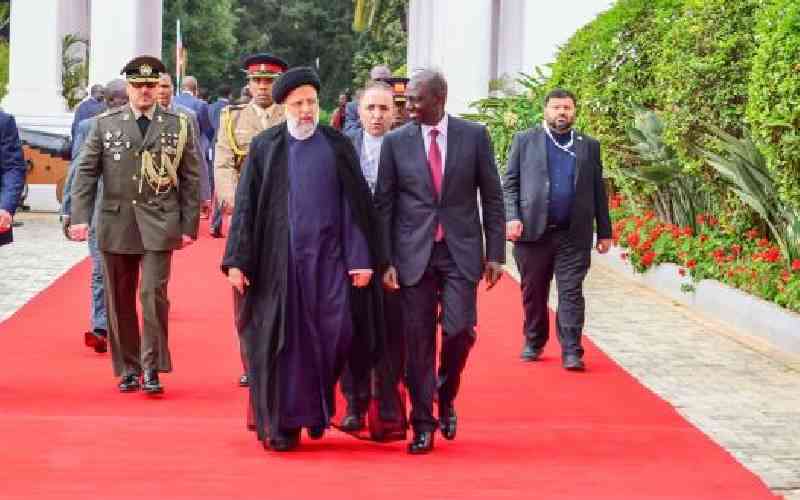
A few countries, despite their territorial size or youthfulness as geopolitical entities, exercise global power that is the envy of many. Two of them, Israel and Kenya, have a few things in common that influence their regions and the globe.
Both are relatively young as geopolitical entities, are creations of British imperialism, and are also products of post-World War II anti-colonial drive. They at times appear to be isolated by their neighbours and are attracted to each partly because of similarities in colonial experience, but more importantly because of geopolitical necessities. Of the two, Israel, took advantage of its Biblical territorial linkage to the spiritual past that colonised Kenyans identified with.